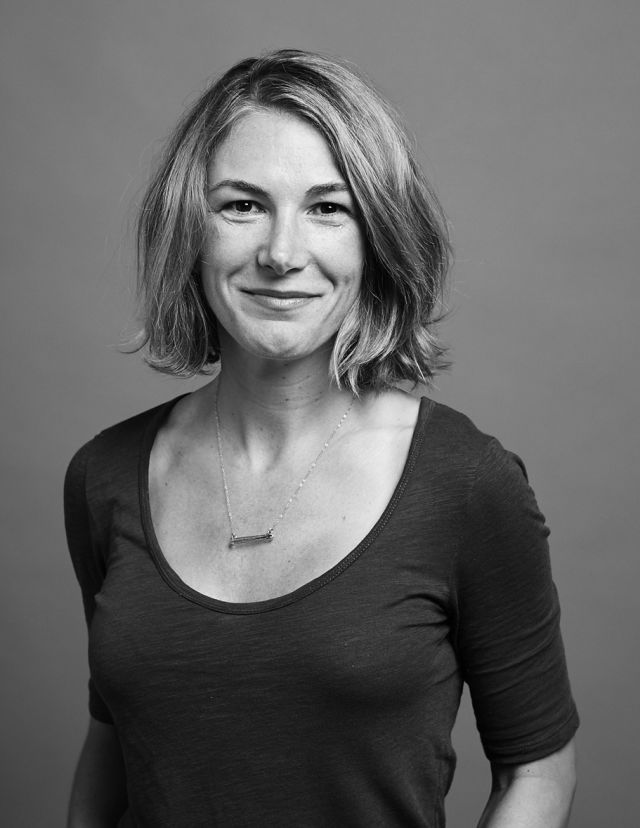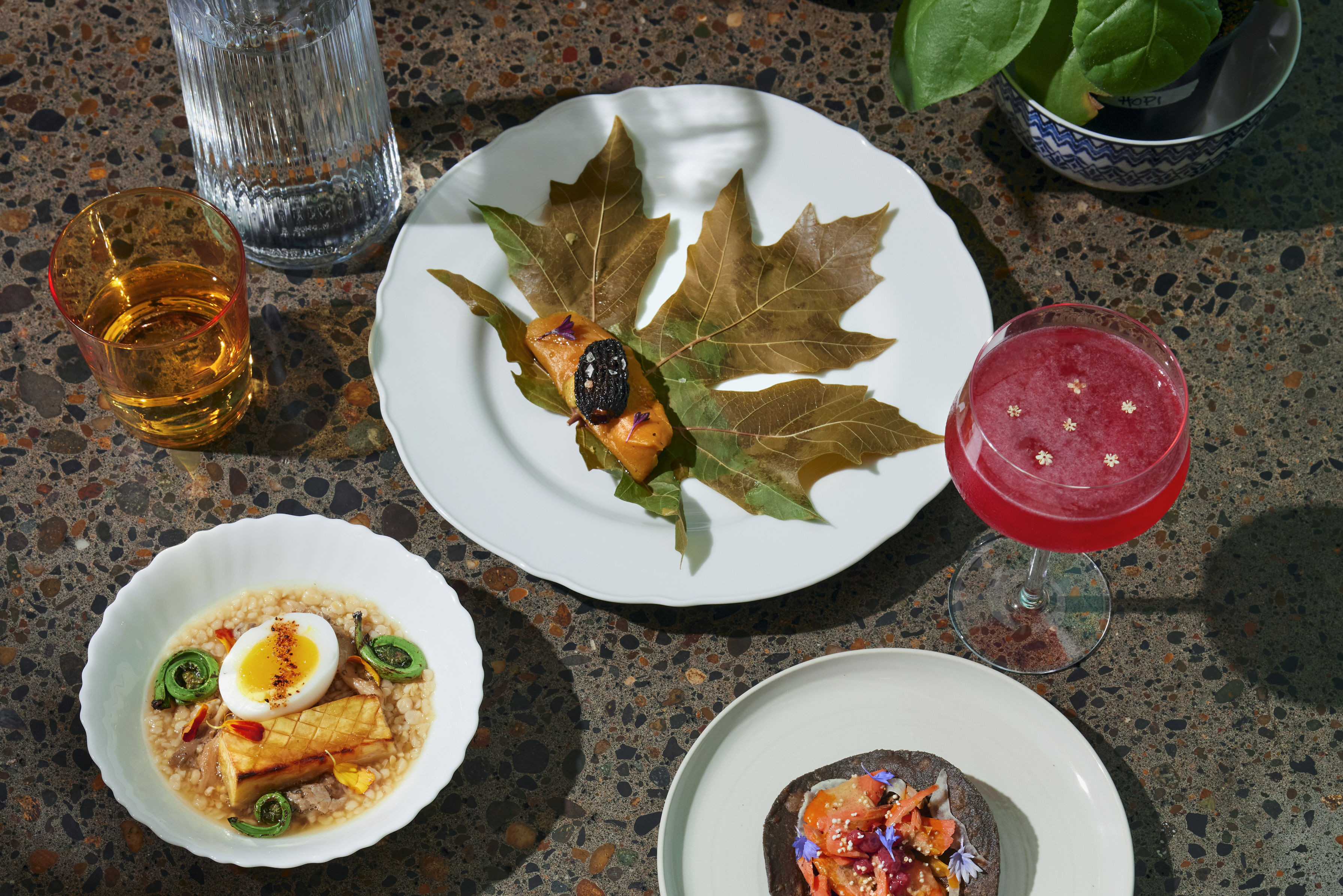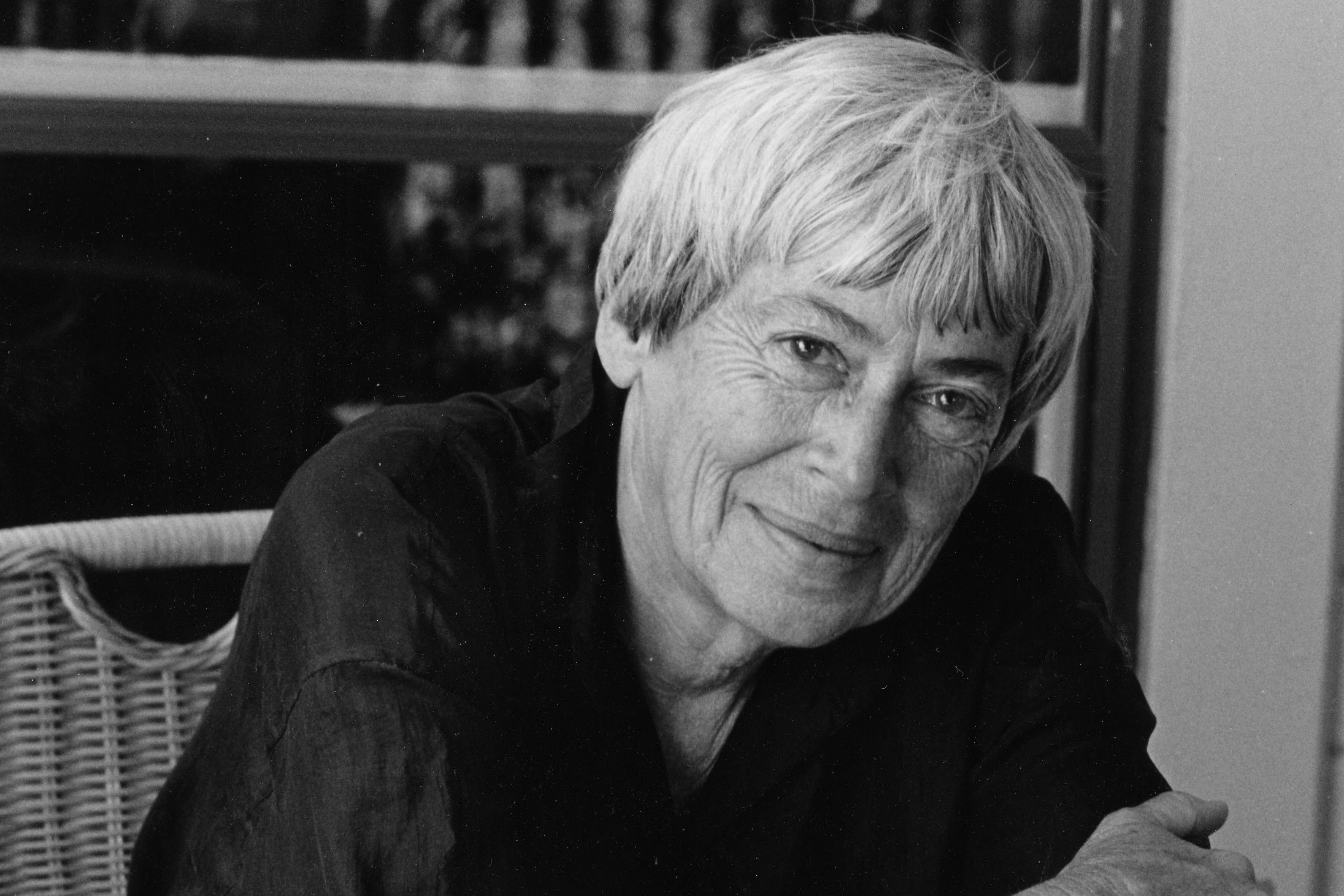Can Grassroots Efforts Solve Workplace Inequality?

Christina Melander of Ladies Get Paid and FTW
Image: Courtesy Swift
This upcoming Mother’s Day weekend, ditch the brutal brunch lines and avoid those awkward sprints against strangers to snatch that last highly coveted flower bouquet at the store. Instead, join Portland Monthly at our second annual Woman Up!, a two-day, lady-centric event filled with engaging, hands-on activities to enrich your mind and body, plus many of Portland’s mightiest female movers and shakers.
Saturday afternoon’s “Be the Change” panel will canvass a group of women with roots in business, politics, sports, communications, and design on how (and why) to foment change. One of the panel’s participants, Christina Melander, communications director at the creative agency Swift, talked to us about new local efforts to address workplace inequality. (A disclosure: she’s married to this magazine’s editor in chief.)
You recently became an “ambassador” for the Portland chapter of Ladies Get Paid, a national organization that aims to help women advocate for themselves at work and close the wage gap. How did you get involved?
I was really impressed with their mission, how they are organized, and just how action-oriented the group is. They have a model of women raising their hands and saying, "We want to do this in our cities." I had a hunch that there was quite an appetite for that here. Several other women in Portland also stepped forward. We banded together and launched the Ladies Get Paid Portland chapter last spring with our first event, which Swift, the creative agency where I work, hosted last August. It’s outside my role at Swift, even though it does dovetail, because that’s who we are.
Swift was founded by two women and has a staff that’s 65 percent female-identifying. What differences have you noticed compared to other professional settings?
One thing that really stood out to me was the transparency and inclusivity. A lot of information is shared, and employees are invited to help create policies, events, and cultural happenings. Another thing is that people are really heard. It is made very clear that everyone wants you to contribute and that you have the avenues to do so, which I think is important and can really make a difference in an organization.
In April, another effort launched: For the Women (FTW), a mentorship program that pairs 150 women with 25 mentors. Can you explain a bit more?
I met a woman named Amy Shuster, who is a writer, video editor, and producer. She had shared an experience participating in an accountability group years ago: they met on a regular basis to report on their progress and their goals. We all do better with that. It’s really hard to put in the time to help further our ambitions when we are so busy doing the work day to day.
Liz Valentine and Alicia McVey, the cofounders of Swift, also observed that there are a lot of different groups in Portland addressing gender equality in different ways, and with Swift’s unique heritage they wanted to unite those efforts in a way. So we put those different ideas together in FTW, which led to reaching out to many different companies, professional groups, and impact organizations asking if they could provide one or more mentors to work with women.
At Woman Up!, you’ll take part in a panel alongside entrepreneurs and activists about fostering change and starting new things. What’s one thing you hope attendees take away?
You have to own your ambition and success. Don't put your future in someone else's hands and wait for it to happen, because no one cares more about your career and future than you.
In conjunction with Portland Monthly’s Oregon Woman issue, our second annual Woman Up event (May 12–13) will bring together experts from across the city—and state—for a weekend of wellness and a celebration of the bold women shaping Oregon’s future and those who’ve paved the way. Get tickets!




